What is 'systems thinking', and what happens when you apply it to the global climate crisis?
- Watch episode one: What is a systems approach to net zero?
- Watch episode two: The built environment
- Watch episode three: Energy
- Watch episode four: Transport
- Watch episode five: Implementation
Reaching net zero by 2050 means we need new ways of working to transform and develop our high-carbon systems of infrastructure. These must engage people from local communities, government, industry and academia in an organised transition of the whole system. Moving to a net zero economy in this way not only helps avert disaster, but also brings real benefits to those involved.
This series of five short films from the National Engineering Policy Centre explains why these new approaches are needed, what they are, and how they let us tackle such a complex and broad challenge.
The five episodes interrogate in turn: what a systems approach to net zero is, how we can apply it to transforming our infrastructure systems of energy, transport and the built environment, and finally how we bring this understanding together to implement the transition to net zero.
The goal to eliminate net emissions from human activities in less than three decades is necessarily ambitious. These videos are intended to be a guide for the people across the world who are responsible for delivering on these targets.
The videos were produced and released in 2021 and 2022 as part of the Academy's Engineering Zero campaign.
Episode one: What is a systems approach to net zero?
In our first episode we interrogate what 'net zero' requires from us, the risks of a disordered transition to sustainable societies, and introduce the fundamentals of systems thinking and how we can use it to manage and benefit from a transformation of our vital and interconnected networks of infrastructure.
Featuring interviews with:
- Dr Hayaatun Sillem CBE, Chief Executive of the Royal Academy of Engineering
- Professor Nick Stern, Lord Stern of Brentford CH Kt FBA FRS, economist and Chair of the Grantham Research Institute on Climate Change and Environment
This second episode looks at perhaps the most daunting, but also rewarding, challenge of the transition to net zero: decarbonising the built environment. We explore how our complex networks of buildings and infrastructure contribute to climate change, how there’s no one single solution to decarbonise it, and how instead a strategic combination of different policies and actions could catalyse a transition to a net zero built environment that delivers huge benefits to all different kinds of countries and communities.
Featuring interviews with:
- Dervilla Mitchell CBE FREng, Deputy Chair of Arup Group and Chair of the NEPC working group on Net Zero
- Professor Rebecca Lunn MBE FREng FRSE
- Dr Boksun Kim, University of Plymouth
- Sir Tim Hitchens, President of Wolfson College
- Ali Shaw, Principal Engineer at Max Fordham
Dismantling our reliance on fossil fuels is an engineering and system-change challenge which touches all lives around the world. This episode looks at the global nature of the energy system, and what that means for those driving transformative change in different geographic and social contexts around the world.
Featuring interviews with:
- Professor Sir Jim McDonald – President of the Royal Academy of Engineering
- Dr Joanna Clarke – Design Manager on the SPECIFIC project
- Neha Bhagtani – Assistant Vice President, Corporate Sustainability, Tata Capital
Transport is the fastest growing source of greenhouse gas emissions on earth. The complex ways we move people and goods around, through both shared infrastructure and private technologies, makes it difficult to transform transport systems – but the rewards are great.
This episode explores how sustainable transport often means targeting the need to travel as well as the method. It also looks at examples to show how working directly with local communities to upgrade transport can unlock much bigger social and economic benefits.
Featuring interviews with:
- Professor Jillian Anable – Professor of Transport and Energy, University of Leeds
- Professor Nick Tyler CBE FREng – Director of UCL Centre for Transport Studies, University College London
- Professor Alejandro Restrepo – Director of URBAM, Centre for the Study of Urban and Environmental Studies at EAFIT University Medellín
This final episode in the series brings together learnings from previous episodes about systems thinking, energy, transport and the built environment. It poses a question: how do we transform all these systems to reach net zero and deliver real improvements to wellbeing and prosperity?
The episode explores the need to adapt to an already-changing climate while also eliminating greenhouse gas emissions. It also introduces key tools that help policymakers and engineers engage with communities to deliver whole-system sustainability transitions and identify the best opportunities for co-benefits.
Featuring interviews with:
- Professor Rebecca Willis – Professor of Energy and Climate Governance, Lancaster University
- Regina Opondo – Senior Community Principal, Kounkuey Design Initiative (KDI)
- Dr Elizabeth Sawin – Founder and Director of the Multisolving Institute
Learn more about the topics and initiatives discussed in this video:
Acknowledgements
These videos were produced by the National Engineering Policy Centre's working group on net zero and the Royal Academy of Engineering net zero policy team, with input from the Royal Academy of Engineering's systems approaches to policy working group. We are also grateful to the independent experts who offered to shape these videos and the many entrepreneurs, innovators and experts who feature.
Related Projects
Engineering a Greener Future
Through our support for research and innovation and our work to influence policy, we continue to advance and promote th…
Decarbonising construction
The construction industry plays a vital role in the economy but must decarbonise if the UK is to meet net zero by 2050
